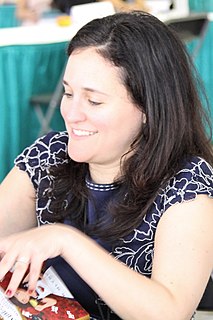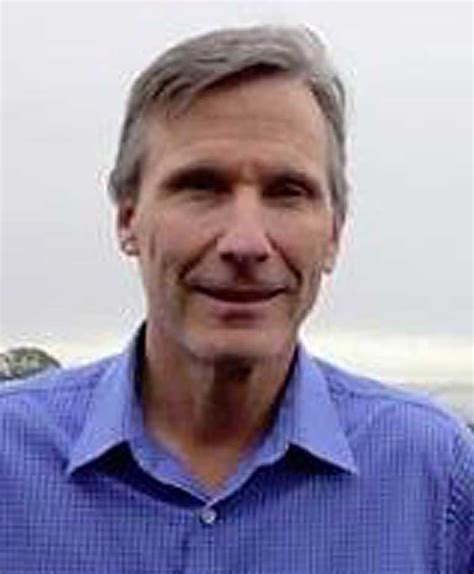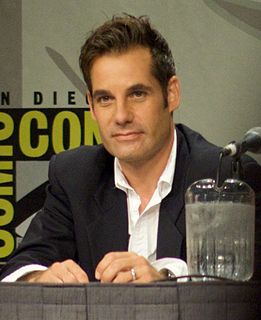A Quote by Gregory Stock
A lot of the differences between people have biologic underpinnings. Now, we have a dogma of egalitarianism. Everyone's the same.
Quote Topics
Related Quotes
In order to survive, a plurality of true communities would require not egalitarianism and tolerance but knowledge, an understanding of the necessity of local differences, and respect. Respect, I think, always implies imagination - the ability to see one another, across our inevitable differences, as living souls.
We're not all the same. A common liberal refrain is that differences between individuals are statistically more significant than those between cultural, ethnic, and racial groups. I don't see why the fact of inter-individual differences would nullify inter-group variance. That's liberal logic for you.
There are very real differences between science fiction and realistic fiction, between horror and fantasy, between romance and mystery. Differences in writing them, in reading them, in criticizing them. Vive les différences! They're what gives each genre its singular flavor and savor, its particular interest for the reader - and the writer.
Everyone wants to be happy; happiness is a right. And while on a secondary level differences exist of nationality, faith, family background, social status and so on, more important is that on a human level we are the same. None of us wants to face problems, and yet we create them by stressing our differences. If we see each other just as fellow human beings, there'll be no basis for fighting or conflict between us.
In the nearer term, the likeliest source of risk is a conflict between China and the U.S. These are now the two largest economies in the world, and the combination of their economic interdependence, the sharp differences in their political and economic values, and the growing divergence in their interests makes this relationship potentially dangerous for everyone who might be affected by it - which means pretty much everyone.
Valuing differences is what really drives synergy. Do you truly value the mental, emotional, and psychological differences among people? Or do you wish everyone would just agree with you so you could all get along? Many people mistake uniformity for unity; sameness for oneness. One word--boring! Differences should be seen as strengths, not weaknesses. They add zest to life.
We have a very open culture at the company, where we foster a lot of interaction between not just me and people but between everyone else. It's an open floor plan. People have these desks where no one really has an office. I mean, I have a room where I meet with people. But it has all glass, so everyone can see into it and see what's going on.




































